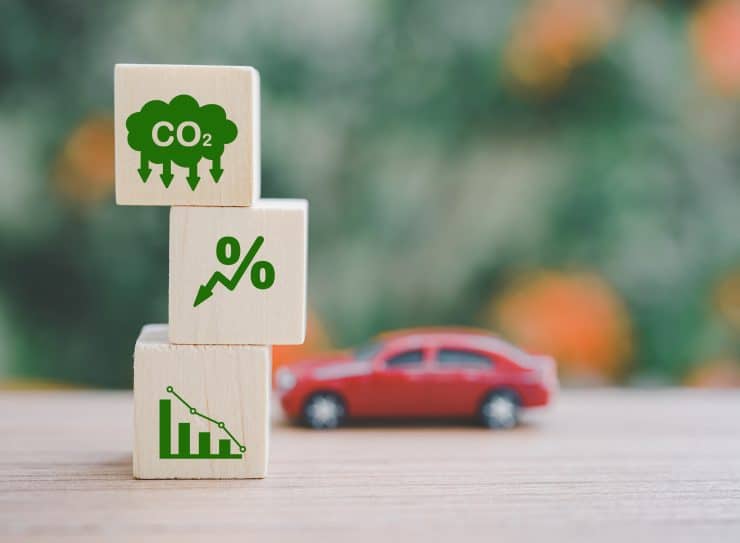Regarding emissions from cars and light duty vehicles, the current policy proposal sets a 100% CO2 reduction by 2035. The target is based on measuring emissions exclusively at “tailpipe level” (emissions generated by the individual vehicle), this means a de facto ban on the internal combustion engine. The result is that a new car will have an electric battery whether it fits the need or not, is affordable or not, or whether it has the infrastructure and green energy to charge or not. As we know, “in-use” emissions are not fully representative of a vehicle’s carbon footprint. A life cycle or well-to-wheel approach to measuring a car’s emissions takes a more holistic path by looking at emissions from energy production and transport, including how electricity is generated. Just like not all EVs run on renewable energy, not all ICEs need to run on fossil fuels. Focusing on tailpipe gives us a false sense of security on emissions. A more holistic approach, on the other hand, allows for all carbon-neutral solutions to compete on a level-playing field, and lets the market decide what the best use case is. The bottom line is, it provides options for consumers and society, without compromising on climate objectives.

